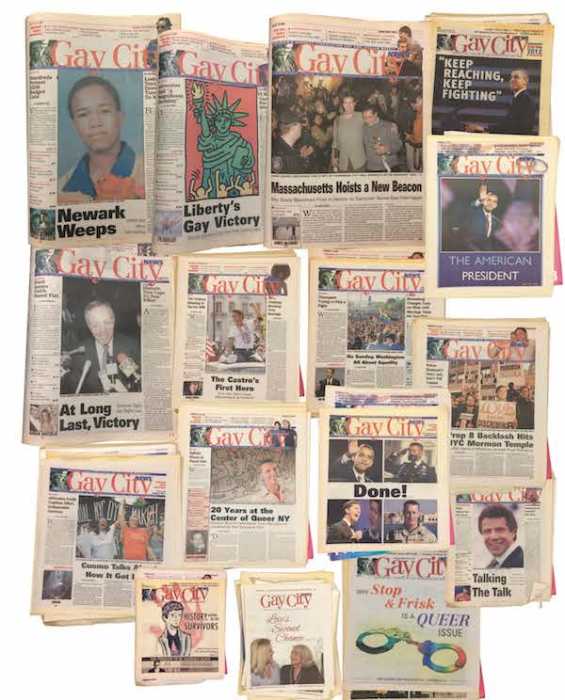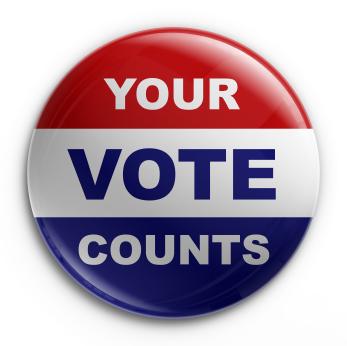BY EMAN ABDELHADI | In November of 2001, a month after the United States invaded Afghanistan, Laura Bush gave a radio address detailing the struggle of Afghani women at the hands of the Taliban. Her speech launched what would become a new tactic on the Right: the use of women’s oppression in Muslim societies to justify American intervention.
In the coming years, we would hear endless reports of the Taliban’s deplorable treatment of women, always in the same breath as a defense of America’s presence in Afghanistan. Time magazine’s infamous cover piece “What Happens if We Leave Afghanistan” was the apex of this rhetoric.
Treating gender inequality as a problem unique to the Muslim world accomplished two goals. First, it helped the Right escape accountability for women’s oppression within the United States. Second, it lent their profit-driven imperialism a moral weight.
PERSPECTIVE: America Owning Its Homophobia
In reality, conservative politicians have invested in the continued inequality between men and women in America. Women earn 79 cents to every dollar a man earns in this society. Sociologists have documented a persistent mother’s penalty in wages, while men earn a fatherhood premium. One in five women will be the victim of rape in her lifetime, compared to one in 71 men. Women are poorer than men in all racial and ethnic categories. American households still, by and large, follow neotraditional models wherein men earn more money outside the home while women take on disproportionate amounts of household and childcare labor.
The Right, of course, has been no friend to women — it has waged a war on reproductive rights, gutted welfare initiatives, and done precious little to address wage gaps. Yet over and over, politicians treated women’s oppression as a uniquely Muslim problem, justifying America’s wars abroad.
Of course, American intervention did not improve the lives of Afghani or Iraqi women; instead the wars destroyed economies — rendering all members of society, including women, unable to access food, shelter, and basic healthcare. Rape and sexual assault have often increased with the compounding of violence. And American rhetoric has demonized indigenous feminists who were doing the work of women’s liberation long before Bush’s sudden interest in their lives.
Now, homophobia is replacing gender inequality as the moral justification for American foreign and domestic policies, from the hawkish to the xenophobic. After the Orlando massacre, politicians scurried to pledge their protection to LGBT communities. Many of the same figures who — in very recent memory — wanted gays out of their chapels and trans folks out of their bathrooms are suddenly committed to fighting homophobia now that it’s being penned as a Muslim problem. In the wake of Orlando, the criminal’s Muslim identity was emphasized above his love of guns, his obsession with the NYPD, his fragile, toxic masculinity, or his history of violence.
Parallel to the Bush administration’s use of gender inequality, the emergent rhetoric helps kill two birds with one proverbial stone. Politicians get to erase the continued oppression of LGBTQ people in this country and escape culpability for that environment while increasing their approval ratings. Even though the killer was American-born while several of his victims were immigrants, Donald Trump emphasized the need for stricter immigration policies, include banning Muslims and building a wall between the United States and Mexico.
Where was Trump’s concern for queer lives before this? Hillary Clinton’s speech was scarcely better; her response to homophobia, apparently, is to bomb ISIS. In a vigil in front of Stonewall in New York City, Governor Andrew Cuomo promised to treat this like September 12, 2001. Unfortunately, the mostly white, upper middle class crowd at Stonewall did not see this for the threat that it is.
In the queer community, we should know better. Like gender inequality, homophobia is not foreign to the United States or primarily perpetuated by Muslims. There are more than 100 anti-LGBT bills before legislatures across the nation during this election cycle, yet none has been proposed by Muslims. Police forces like the NYPD — which are posing as our protectors right now — continue to systematically target queer communities, especially trans women. Queers in this country suffer from higher rates of suicide, higher job and housing discrimination, and higher poverty rates — on average — than straight folks. Queer oppression in this country is not a Muslim conspiracy, it’s an American one.
Nor would bombing ISIS or closing borders end homophobia within Muslim communities, inside or outside the United States. Queer liberation, like gender liberation, has to come through grassroots consciousness-raising and intra-community work. The media cast a spotlight on queer American Muslims over the past week, and we have repeatedly rejected narratives that paint Islam as uniquely homophobic. These monolithic portraits of Islam actually hurt our own efforts for inclusion within our families, our mosques, and our Islamic centers. Further, they erase our experiences of intersecting oppression and exclusion on the basis of gender, class, race, and religion. The broader LGBTQIA community should follow suit by refusing to allow those who have long benefitted from our marginalization to suddenly profit from our deaths.
Eman Abdelhadi works with the Muslim Alliance for Sexual and Gender Diversity (muslimalliance.org), which aims to support, empower, and connect LGBTQ Muslims, challenge root causes of oppression, including misogyny and xenophobia, and to increase the acceptance of gender and sexual diversity within Muslim communities.


































